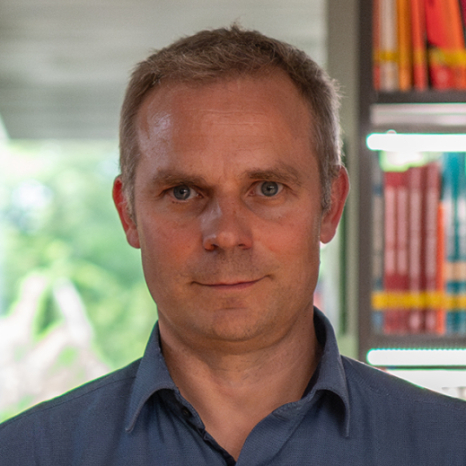Simulation and testing
At a glance
Academic degree
Master of Engineering (M.Eng.)
Form of study
Consecutive full-time Master’s degree
Standard period of study
3 semesters (incl. Master’s thesis), 90 ECTS
Place of study
Language of instruction
predominantly German
Start of studies
Winter semester (October 01)
Summer semester (March 15)
Admission requirements
Completed university degree with at least 180 in physics, mechanical engineering, electrical engineering or
mechatronics or a related course.
No specific grade point average required for admission.
For detailed information, see study and examination regulations.
Accreditation
accredited by the Accreditation Council
Registration
from 02.05.
until 15.07. – currently extended until 30.09 (for winter semester)
from 15.11.
until 14.03.
(for summer semester)
Profile of the Master's program
Today, computer-aided simulation and experimental tests are closely interlinked in the development of technical innovations in companies. This combination saves development time and costs. In order to use the tools correctly and assess the results properly, industry and research need specialists with an in-depth understanding of the underlying simulation concepts. The Master’s degree course in Simulation and Testing teaches the necessary skills.
The degree program has two main subject areas:
The first is in the field of simulation. Here you will deal intensively with different numerical methods and simulation techniques and learn about their possibilities and limitations.
In the second focus area of test and inspection technology, you will be familiarized with test planning and evaluation using statistical methods as well as the technical aspects of test benches.
Course content and schedule
The Master’s degree course begins in the winter and summer semesters and lasts three semesters. As some of the modules build on each other, we recommend starting in the summer semester. Further information can also be found in the module handbook (see below). Supplementary compulsory elective modules give you the opportunity to specialize according to your interests and inclinations.
1st semester
In the first semester you will deal with:
- Modeling and simulation 1
- Innovation management
- Statistical data analysis
- Testing and inspection technology
2nd semester
The second semester is about:
- Modeling and simulation 2
- Simulation methods of AI
- Design of Experiments
- Computer Based Measurement and Control
3rd semester
In the third semester, you will write your Master’s thesis and take the subject Computational Physics (4 SWS).
The module handbook provides an overview of the structure and content of the degree program. The study and examination regulations form the legal basis of the degree program. Further questions about the course can be answered by the course director Prof. Dr. Conrad Wolf.
Voices from the field
Thomas Resch, Brose
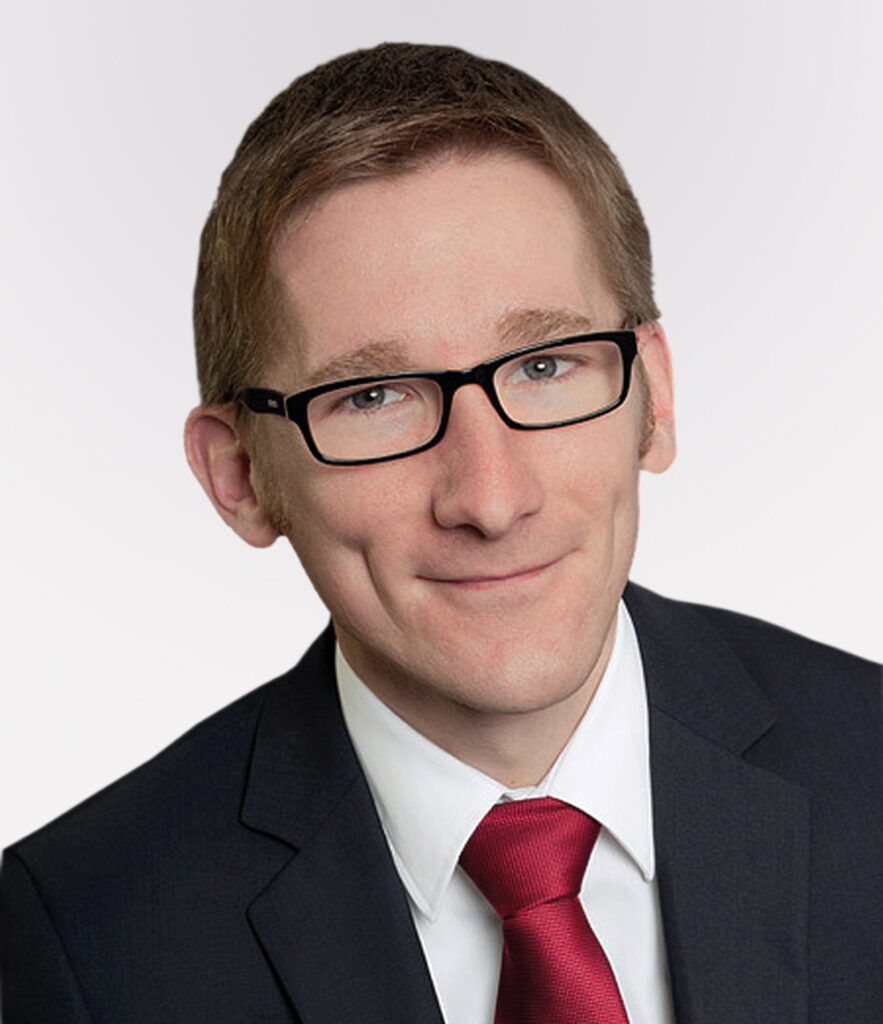
“With the “Simulation & Test” Master’s degree course, Coburg University of Applied Sciences offers an interesting combination of teaching content on computer-aided simulation and experimental tests. The course prepares graduates for interdisciplinary work in development teams and creates a wide range of employment opportunities. At Brose, we develop mechatronic systems for numerous automotive applications. We reduce development times and costs by using modern simulation methods and testing facilities. This is why the intensive exchange between employees in testing and simulation is of great importance.”
Thomas Resch is Head of Simulation, Advanced Engineering Brose Group
Martin Siegl, DLR
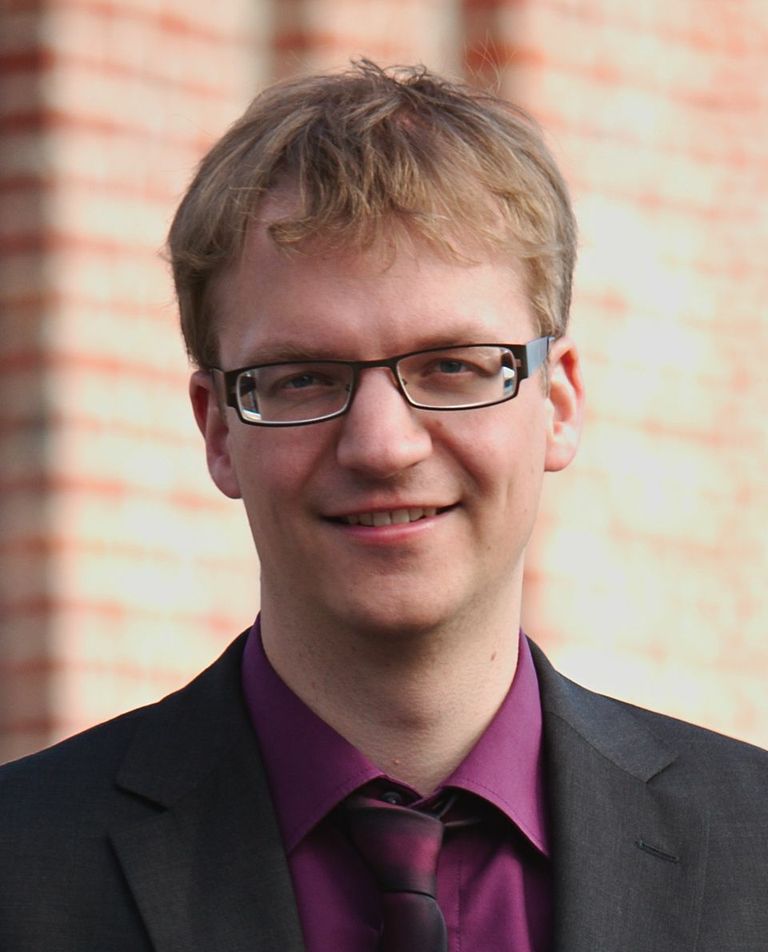
“How does rocket fuel behave in the weightlessness of space? What difficulties arise when liquid hydrogen and liquid oxygen are used and stored in the fuel tanks at temperatures as low as -250 °C? Numerical simulations are becoming increasingly important in the development of civilian space carrier systems. The German Aerospace Center (DLR) is therefore carrying out extensive experiments on the behavior of cryogenic liquids in the Bremen cryo-laboratory. The “Simulation & Test” Master’s degree program provides the necessary skills for this exciting field of work at the interface of calculation and measurement. The space sector offers attractive career prospects in research and development. These are strongly embedded in national and international collaborations.”
Martin Siegl is a research associate and project manager in the Transportation and Propulsion Systems department at the DLR Institute of Space Systems in Bremen.
Sebastian Stich, BestSens AG
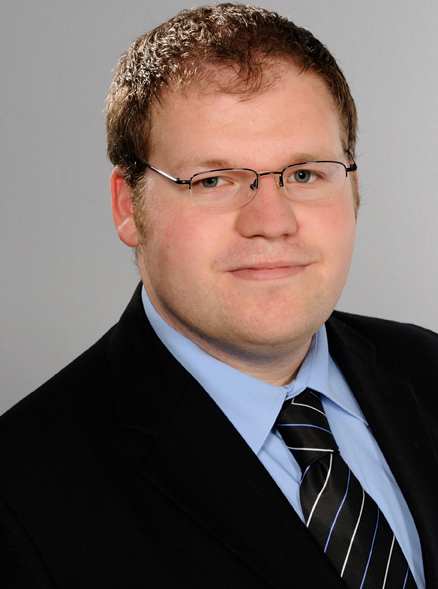
Sebastian Stich is Chairman of the Management Board of BestSens AG
Christoph Maag, Brose
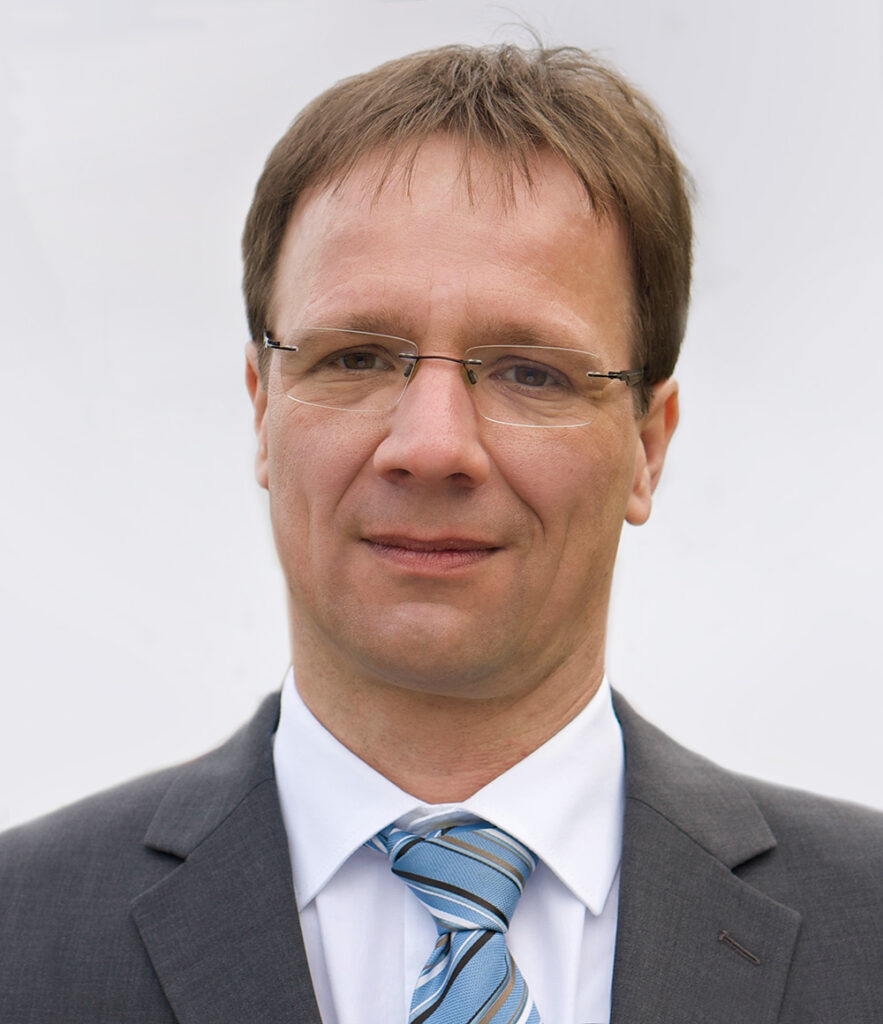
“The “Simulation & Test” Master’s degree course at Coburg University of Applied Sciences offers the perfect training for the demanding profession of test engineer. Students acquire key skills in statistical test planning, simulation and test bench technology. In our family-owned company, suitably qualified specialists drive forward the effective integration of development and validation activities in order to meet the highest standards of innovation, quality and cost efficiency against the backdrop of limited product development times. This also includes precisely coordinated validation planning, which provides precise and reliable feedback to the design in a synchronized manner.”
Christoph Maag is Head of Central Testing Technology, Brose Group
Research and practice
The Master’s degree course at Coburg University of Applied Sciences is characterized by a strong practical focus and close contact with companies and research institutes. You will have the opportunity to participate in ongoing research projects with your professors and the Institute for Sensor and Actuator Technology (ISAT) at Coburg University of Applied Sciences. The Master’s thesis gives you the opportunity to work intensively on a challenging topic with practical relevance and to apply modern research methods. Thanks to the international contacts of our lecturers, you can also work with a globally active company or a foreign research institute on your Master’s thesis.
Job & Career
Computer simulation in combination with modern test procedures has become an integral part of the development process of high-tech companies. Prospective simulation experts are sought after in R&D departments, for example in the automotive industry or in the field of renewable energies and energy storage. Thanks to the scientific expertise acquired, employment in a research institute is also possible.
Do your doctorate now!
Graduates with a good Master’s degree can continue to work academically after completing their Master’s degree. They may also have the opportunity to do a doctorate at Coburg University of Applied Sciences.
Insights
You are currently viewing a placeholder content from YouTube. To access the actual content, click the button below. Please note that doing so will share data with third-party providers.
More Information

